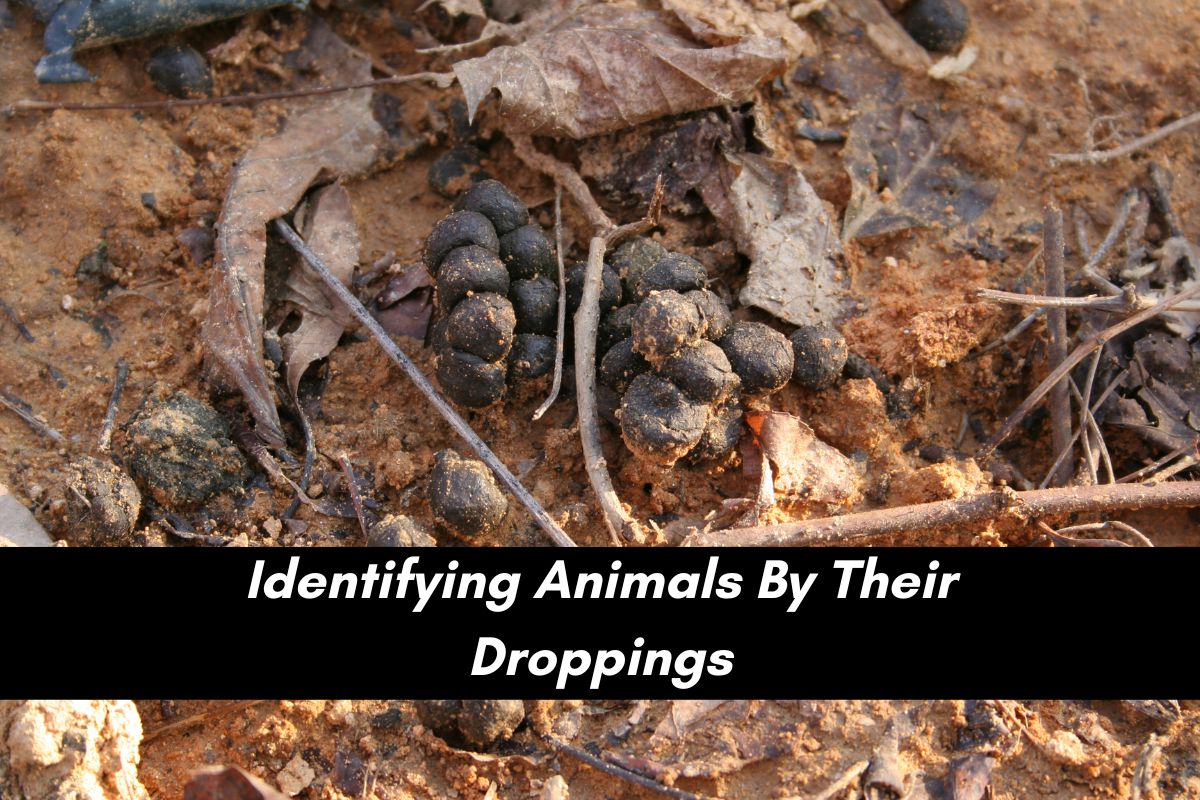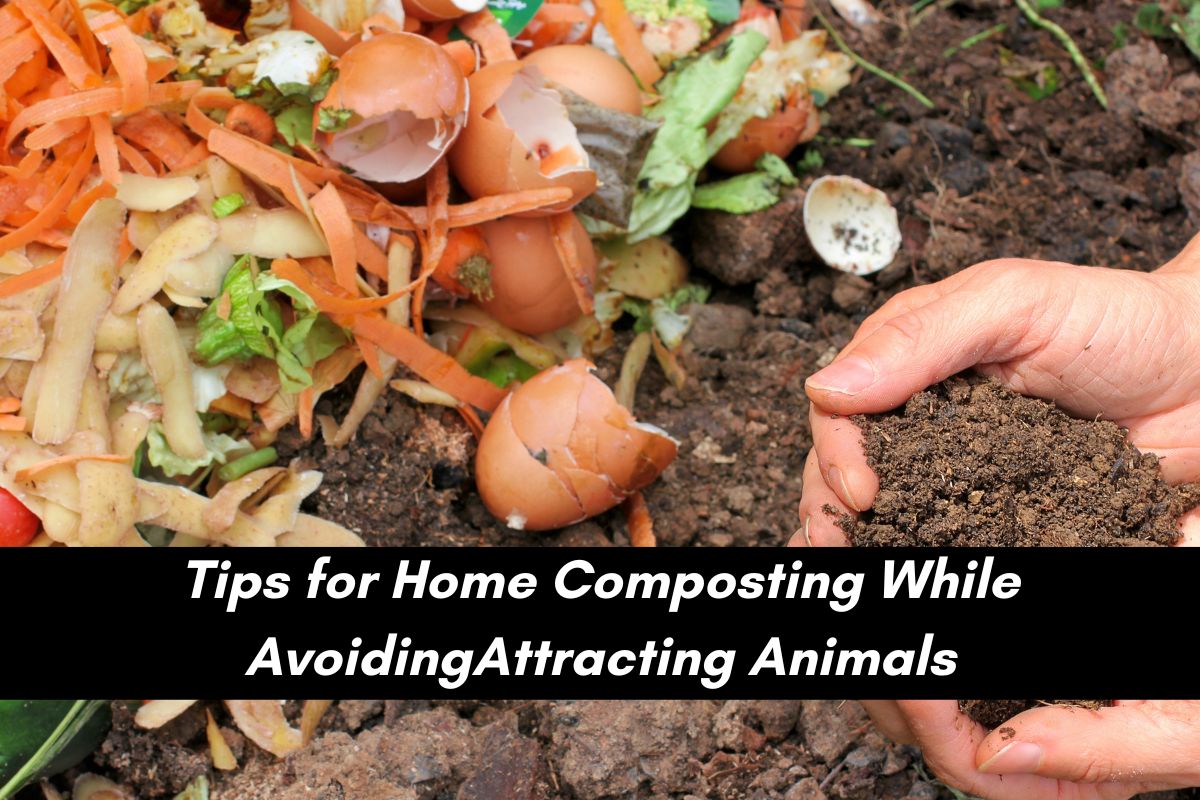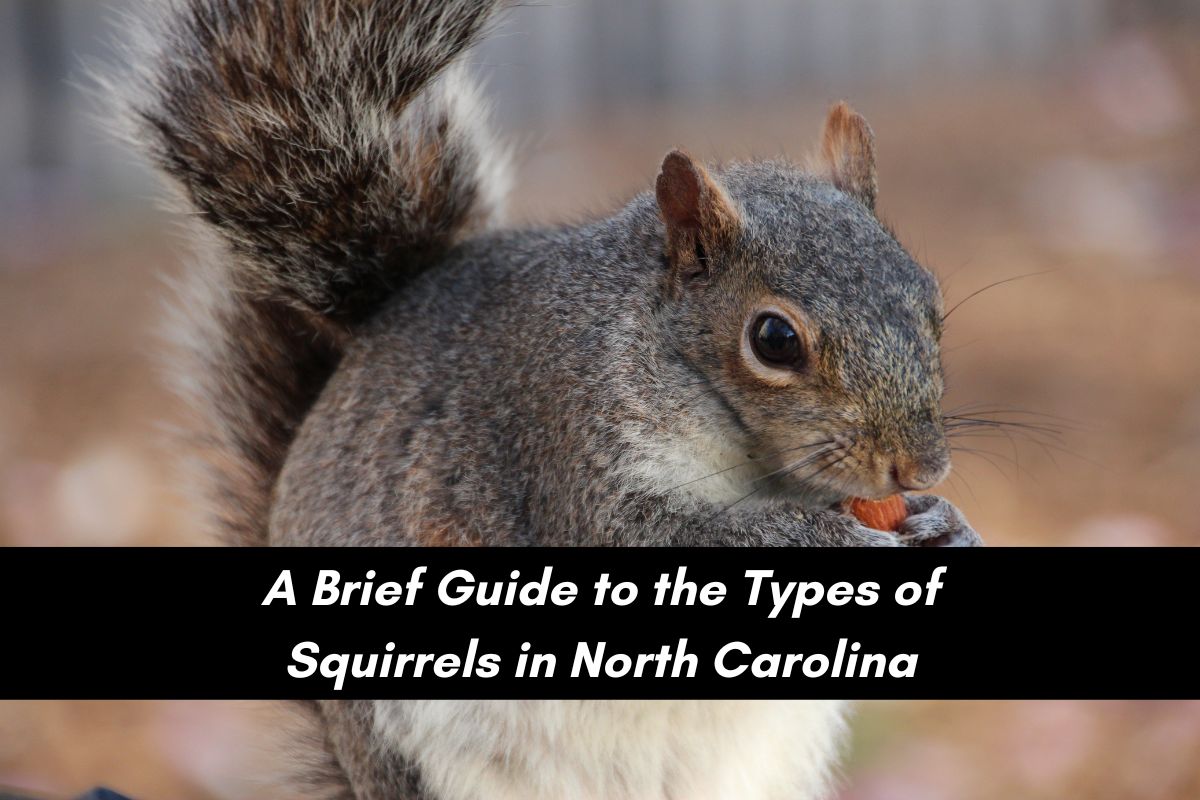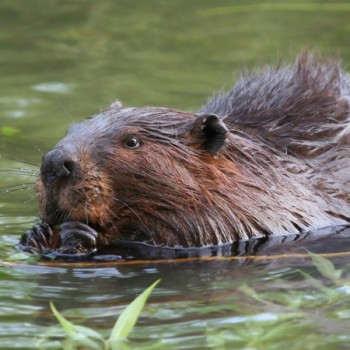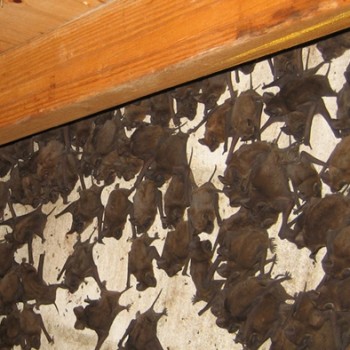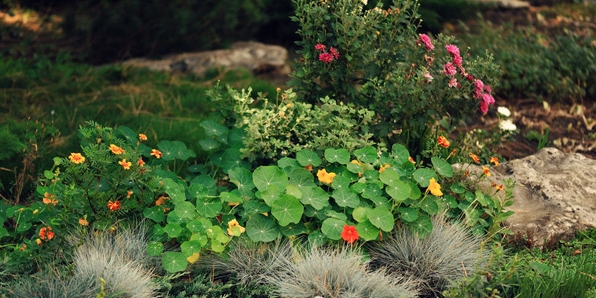
Wildlife Control Tips For Your Garden
- Posted by AdminBW
- On May 20, 2015
- 0 Comments
Having a garden is one of the best things about the Raleigh, Triangle and Durham areas. But of course, as a gardener, dedicating your time for its development and growth can create a heavy workload. One of the biggest challenges that gardeners have to deal with is wildlife damage. Animals of all shapes and sizes know how to carefully maneuver through landscapes, often eating plants and roots, leaving behind trails of damage.
If you encounter plants with missing leaves or fruits and vegetables with missing food, then it is your job to determine if your plants can tolerate the damage that has been done. Depending on the risk of the harvest, it may be necessary to develop a better garden setup. You can incorporate scare tactics, such as scarecrows or other animal statues that frighten wildlife away. These tactics are simple and can save you a lot of time and stress during the night and those times when you are away from home.
On your list of gardening chores, it is important to include daily landscape surveying. Most animals tend to feed at nighttime, and if you keep a close eye on your garden, then you will have better chances of identifying potential wildlife in the area. You must also be mindful of the types of animals living in your area or neighborhood. In some suburban areas, deer are often found wondering around looking for food or a safe place to sleep. Raccoons are also constantly moving and seeking out new territories and food. Gardening experts often setup barriers and fences that prevent wildlife from trespassing in their gardens, especially during the night when it is more difficult to catch animals in the act.
The success of your garden ultimately comes down to the level of responsibility you put toward watering, feeding, and monitoring its landscape. By frequently checking for animal droppings or prints in the area, you are adding to its success rate. Overall, whether you have threats that deal with insects, rabbits, foxes, raccoons or deer, it is important to evaluate its progress and cleanliness. For more information on nuisance wildlife and the risks they present in gardening, contact Critter Control of the Triangle at (919) 382-0651. We can help you assess the garden landscape and identify the types of animals that may pose threats to the development of your plants.




